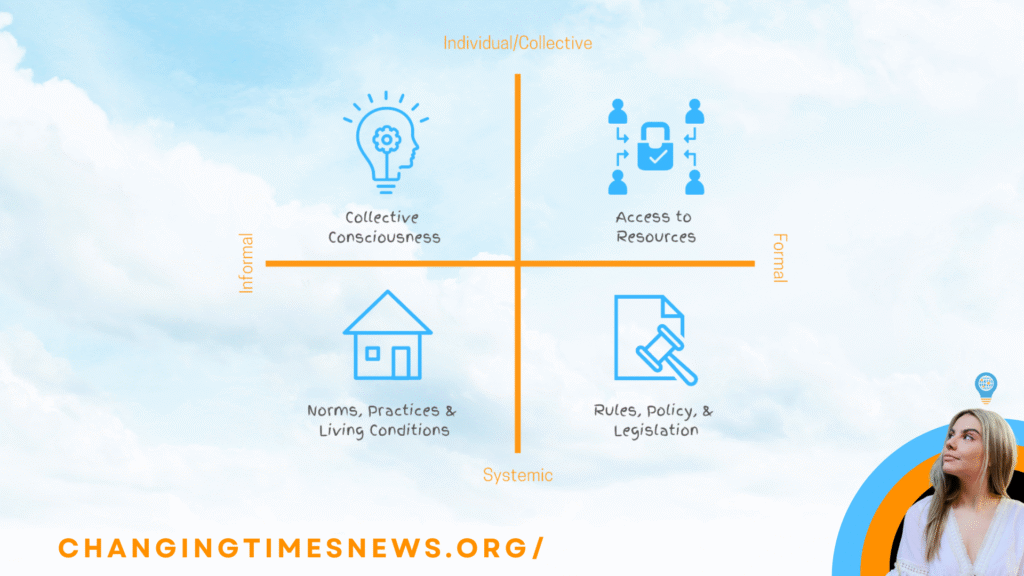In the latest episode of Changemaker Q&A, host Tiyana J reflects on a lesson she received more than a decade ago at an international youth conference: “If you want to change the world, you have to experience it first.”
For Tiyana, now in the final stages of a PhD in communication and social change, that advice became a guiding principle. She set herself the goal of visiting 50 countries by the age of 25. While the pandemic paused her journey at 49, she insists the number was never the point. What mattered was immersing herself in new cultures, new ways of thinking, and new stories.
“Travel throws you into the deep end,” she explains in the podcast. “It helps you understand how others see the world, and those experiences shape the stories we tell ourselves about who we are and how we want the world to be.”
Travel as a Teacher
Research supports the connection between travel and empathy. A 2018 study published in the Journal of Personality and Social Psychology found that international travel can increase openness and trust by exposing individuals to diverse social norms. The World Tourism Organization (UNWTO) similarly emphasizes that responsible travel can foster cross-cultural understanding and peacebuilding.
But Tiyana is careful to stress that travel isn’t the only path. Not everyone has the resources or privileges to cross borders with ease. Alternatives—like reading memoirs, watching documentaries, or connecting with people from different communities—can also expand one’s worldview. “It’s about experiencing,” she says, “whether that’s overseas, in your own country, or even just exploring your own city with a traveler’s mindset.”
From Experience to Action
Tiyana’s emphasis on lived experience feeds directly into her broader mission with the Humanitarian Changemakers Network (HCN), the education initiative she founded in 2019. HCN equips aspiring changemakers with practical frameworks for understanding social change, from systems thinking to human-centered design.
For her, travel and exposure to different ways of living aren’t just enriching—they are foundational for anyone who wants to act effectively in the social change space. Without that grounding, she argues, activism risks perpetuating the very divides it seeks to overcome.
This philosophy echoes traditions of nonviolence championed by leaders like Mahatma Gandhi and Martin Luther King Jr., who both placed empathy and understanding at the center of their movements. Tiyana believes that truly grasping others’ stories reduces hate and makes space for collaboration. “When you can really connect,” she says, “you can’t truly hate. And if you don’t hate, you can work from a place of love.”
Building Nuanced Changemakers
As the Changemaker Q&A podcast returns from hiatus, Tiyana promises deeper and more personal reflections than in previous seasons. The new episodes will revisit questions from earlier listeners, this time enriched by her PhD research and her lived experiences abroad.
Her message in this opening episode is clear: before rushing to take action—signing petitions, attending protests, or donating to causes—changemakers should take the time to experience the world in all its diversity. That, she argues, is where nuanced understanding and meaningful, compassionate change truly begin.


